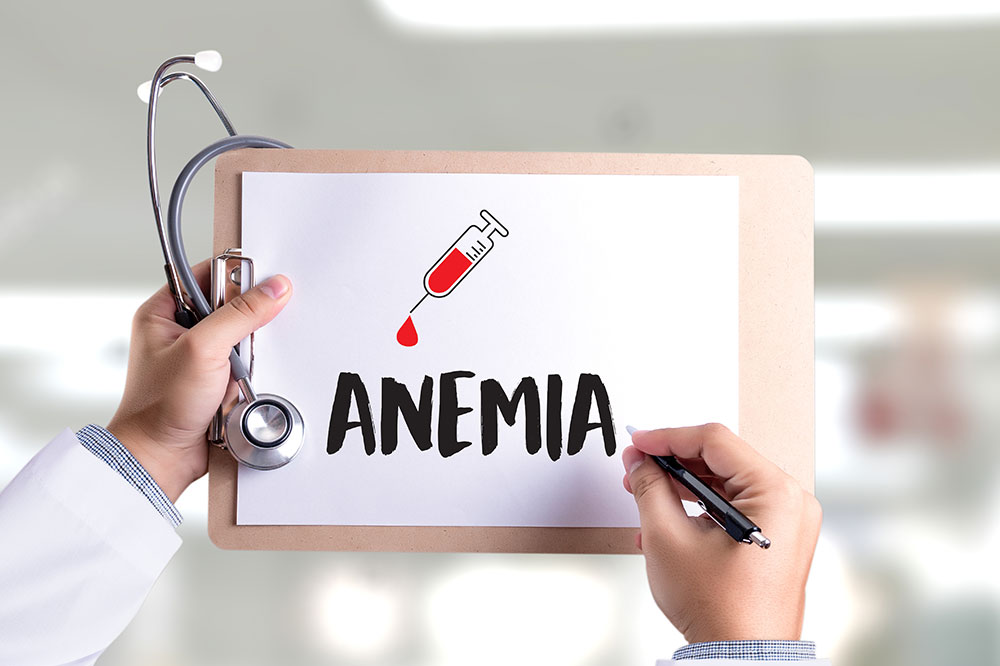Understanding Meningitis: Types, Risks, and Prevention Strategies
This comprehensive guide details various types of meningitis, their contagiousness, symptoms, and preventive measures. It highlights the importance of vaccination, hygiene, and prompt medical attention for effective control and management of the disease, especially in vulnerable populations.
Sponsored

Meningitis involves inflammation of the membranes surrounding the brain and spinal cord, caused by fungi, parasites, bacteria, or injuries. Viral meningitis is the most prevalent form. Young children are more susceptible to bacterial meningitis. Common symptoms include fever, headaches, and skin rashes. Not all types of meningitis are contagious; it depends on the cause. Some forms pose a serious health threat, while others do not spread from person to person. Awareness of various types is crucial for effective prevention and timely treatment.
Types of Meningitis -
Let's explore different meningitis variants, their contagiousness, and how they influence health.
Fungal Meningitis
Caused by the Cryptococcus fungus, this rare form primarily affects individuals with weakened immune systems. It is not contagious.
Parasitic Meningitis
This dangerous form is caused by Naegleria fowleri, a microscopic amoeba that enters through the nose from contaminated water bodies. It does not spread between people.
Non-Infectious Meningitis
Resulting from injuries, surgeries, medication reactions, or underlying conditions like cancer and lupus, this type is not contagious.
Viral Meningitis
The most common form, caused by enteroviruses, is contagious through contact with nasal fluids, saliva, or fecal matter. Close contact increases infection risk.
Bacterial Meningitis
A severe and potentially fatal form caused by bacteria such as Neisseria meningitidis or Streptococcus pneumoniae. It spreads via kissing, shared utensils, or respiratory droplets, especially in communal settings.
World health data reveal many individuals harbor meningitis bacteria harmlessly. Regions like sub-Saharan Africa report higher cases, with children under five and seniors most at risk. Weak immune systems heighten susceptibility. The incubation period ranges from two to ten days.
Prevention Tips:
Ensure vaccination against meningitis B, C, and ACWY during childhood and adolescence.
Seek medical advice before traveling to high-risk areas.
Practice diligent personal hygiene to minimize transmission.
Avoid close contact with infected individuals and isolate affected family members to prevent spread.
If symptoms appear, consult a healthcare professional promptly. Early diagnosis and treatment are vital to controlling the disease's impact and preventing severe outcomes.






